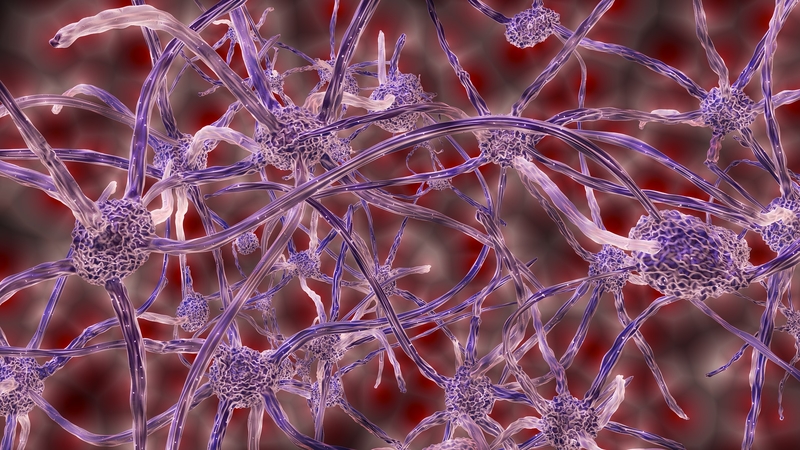Most multiple sclerosis (MS) drugs work by dampening the inflammatory nature of the immune response the disease causes. They are good at controlling acute flare-ups but don’t do much to stop disease progression and neurodegeneration. And their control of the immune system could leave patients vulnerable to serious opportunistic infections.
Now, scientists at the Karolinska Institutet in Sweden have turned their research focus to microglia, which are immune cells that constantly scavenge the central nervous system for unwanted cell debris in a process related to autophagy. That’s the process by which cells clean out or recycle damaged components.
Enhancing microglia’s cleaning functions with trehalose, a sugar naturally found in plants and fungi, helped lead to MS remission in mice, the team reported in a new study published in Science Immunology.
“This gives an option not only to use these findings as treatment of established disease but also the possibility of pro-active diet recommendations,” Rasmus Berglund, the first author of the study, said in a statement.
Previously, Berglund and colleagues established a link between an autophagy-related protein called Atg7 and disease severity in a mouse model of MS. The researchers then decided to study microglial Atg7.
Deleting the Atg7 gene in T cells—which mistakenly attack the protective myelin sheath around nerves to cause MS—didn’t affect clinical disease. But removing it in microglia damaged the cells’ ability to clear debris and led to persistent neuroinflammation that lacked a recovery phase seen in control mice, the team found. Microglia without Atg7 showed decreased debris uptake and degradation.
Because age is the strongest risk factor for progressive MS, the team compared the effect of Atg7 deletion with that of aging. Interestingly, many similarities were found between Atg7-deficient microglia and microglia from aged mice. They both displayed changes in gene expression that are implicated in MS disease progression and had similar clinical signs.
Based on these findings, the researchers figured that boosting microglial autophagy might have beneficial effects in MS. They chose trehalose, which is known to induce autophagy. Treating aged mice one week before MS induction increased myelin debris clearance by microglia and ameliorated the severity of MS, the team reported.
Microglia are widely studied for their role in neurodegenerative diseases. A team led by the Icahn School of Medicine at Mount Sinai recently found that microglia can sense and suppress excessive neuronal activation and can therefore play a part in managing behavioral problems such as seizures in neurodegenerative diseases.
Another team at Stanford University identified B-cell receptor CD22 as a negative regulator of microglia function. Blocking CD22 with an antibody in an aged mouse was more effective at cleaning up myelin debris than was a control antibody. It also cleared out beta amyloid and alpha synuclein, which accumulate in neurodegenerative diseases such as Alzheimer’s and Parkinson’s.
Berglund and colleagues believe their findings offer new insights into how microglia could restore CNS stability by clearing debris generated by inflammation. “The treatment with trehalose shows that microglial cells can be targeted for beneficial purposes with a compound already found in plant and fungi-derived diet (and thereby likely not toxic),” he said in a statement.

